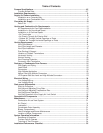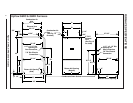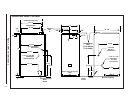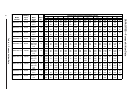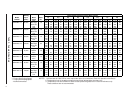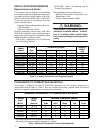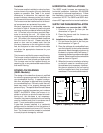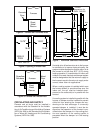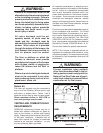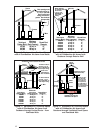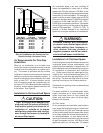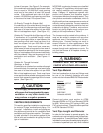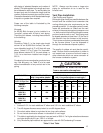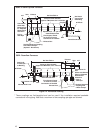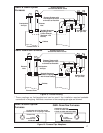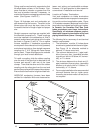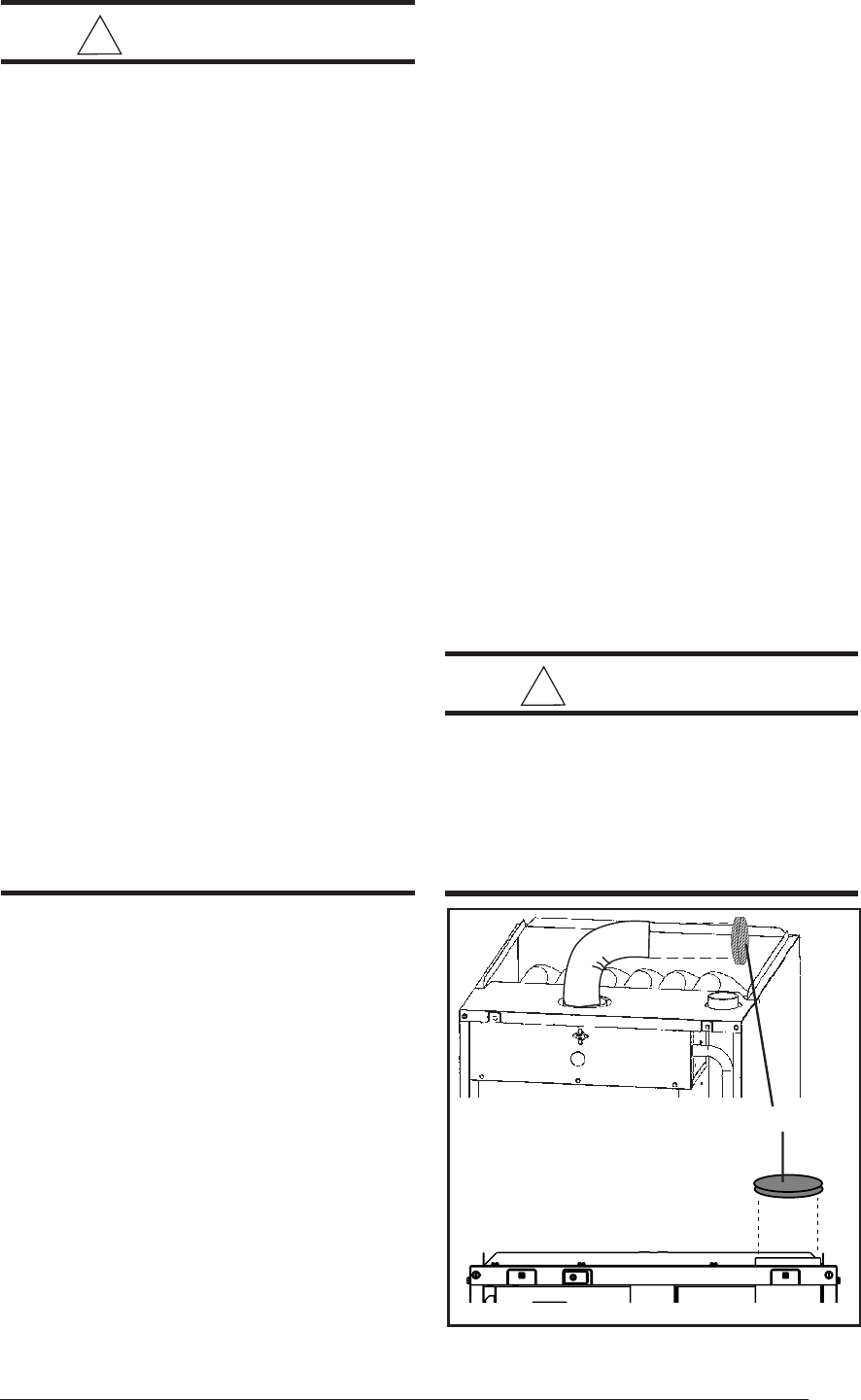
11
!
WARNING:
Products of combustion must not be
allowed to enter the return air ductwork
or the circulating air supply. Failure to
prevent products of combustion from
being circulated into the living space
can create potentially hazardous con-
ditions including carbon monoxide
poisoning that could result in per-
sonal injury or death.
All return ductwork must be ad-
equately sealed, all joints must be
taped, and the ductwork must be
secured to the furnace with sheet metal
screws. When return air is provided
through the bottom of the furnace, the
joint between the furnace and the re-
turn air plenum must be sealed.
The floor or platform on which the
furnace is mounted must provide
sound physical support of the furnace
with no gaps, cracks, or sagging be-
tween the furnace and the floor or
platform.
Return air and circulating air ductwork
must not be connected to any other
heat producing device such as a fire-
place insert, stove, etc.
Return Air
The return air ductwork may be connected to
any or all of the following: left side return, right
side return, or bottom return. Tables 1 and 2
show the airflow data for each furnace model.
Where maximum airflow is 1800 CFM or
more two openings must be used.
VENTING AND COMBUSTION AIR
REQUIREMENTS
NORDYNE condensing furnaces may be in-
stalled with outdoor combustion air piped di-
rectly to the furnace, or without such special
piping. Codes refer to the former as "direct vent"
or "two pipe" installation. Installation with air
taken from around the furnace is sometimes
referred to as "one pipe" installation - i.e. only
the vent (exhaust) pipe is provided.
Figure 8. Protective Screen for One Pipe
Installations
Protective Screen
G6RC/G6RD
G6RL
An important consideration in selecting one or
two pipe installation is the quality of the combus-
tion air. Indoor air is sometimes contaminated
with various household chemicals which can
cause severe corrosion in the furnace combus-
tion system. Some common sources of these
chemicals are detergents, bleaches, aerosol
sprays, and cleaning solvents. Unless indoor air
is known to be free of these materials, two pipe
installation is recommended.
Provisions must be made for adequate supply of
air for combustion and ventilation. For United
States installations, the adequacy of air provi-
sions can be determined by consulting the cur-
rent version of the National Fuel Gas Code
(ANSI Z223.1/NPFA-54). For Canadian installa-
tions, requirements are specified in the National
Standard of Canada (CAN/CGA B149.1 & .2).
Consult local codes for special requirements.
NOTE: If the furnace is operated without ad-
equate air for combustion and ventilation, it may
not perform properly. Furnace components may
be strained by high temperature and could fail
prematurely.
!
WARNING:
Furnace installation using methods
other than those described in the fol-
lowing sections must comply with the
National Fuel Gas Code and all appli-
cable local codes to provide sufficient
combustion air for the furnace.



